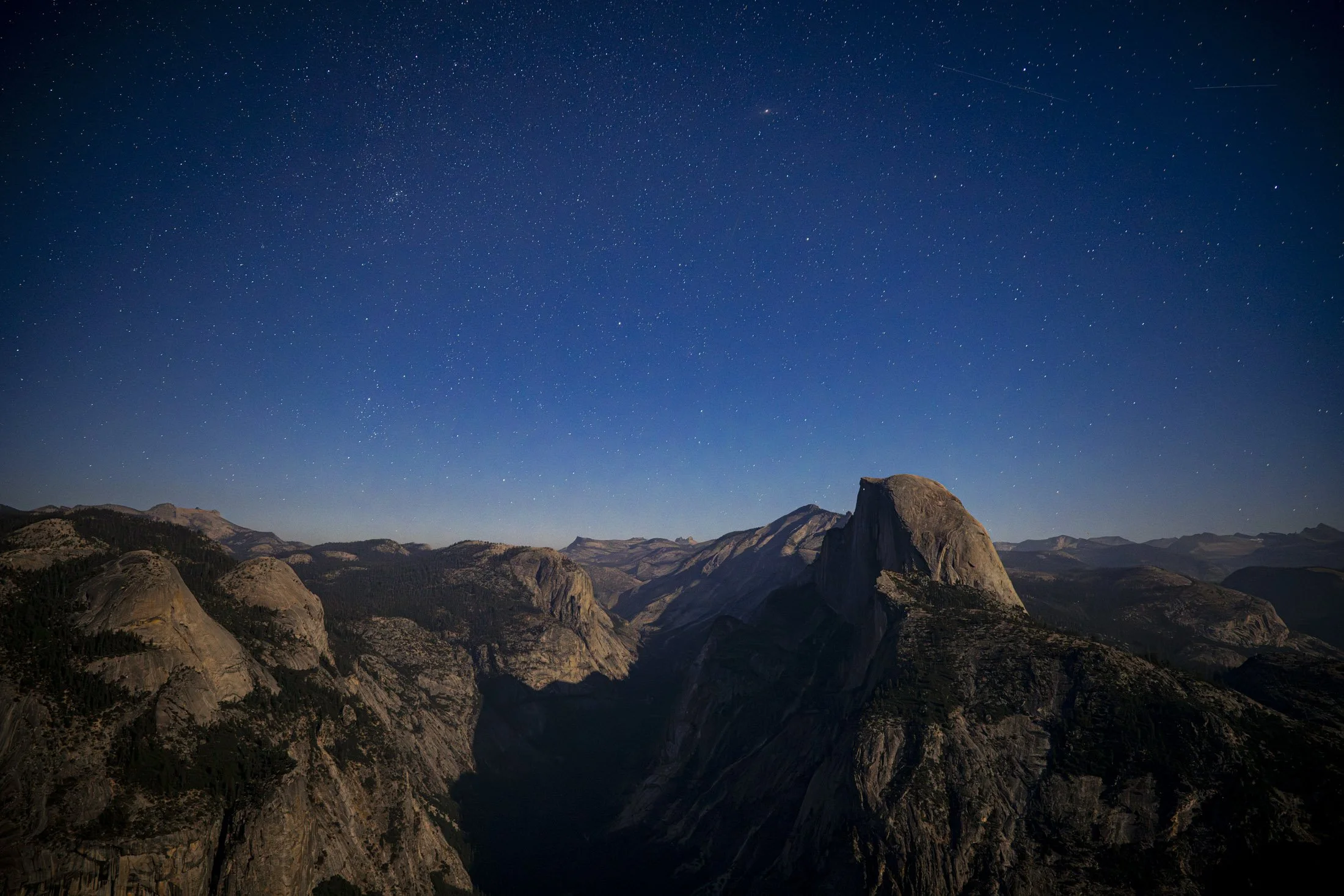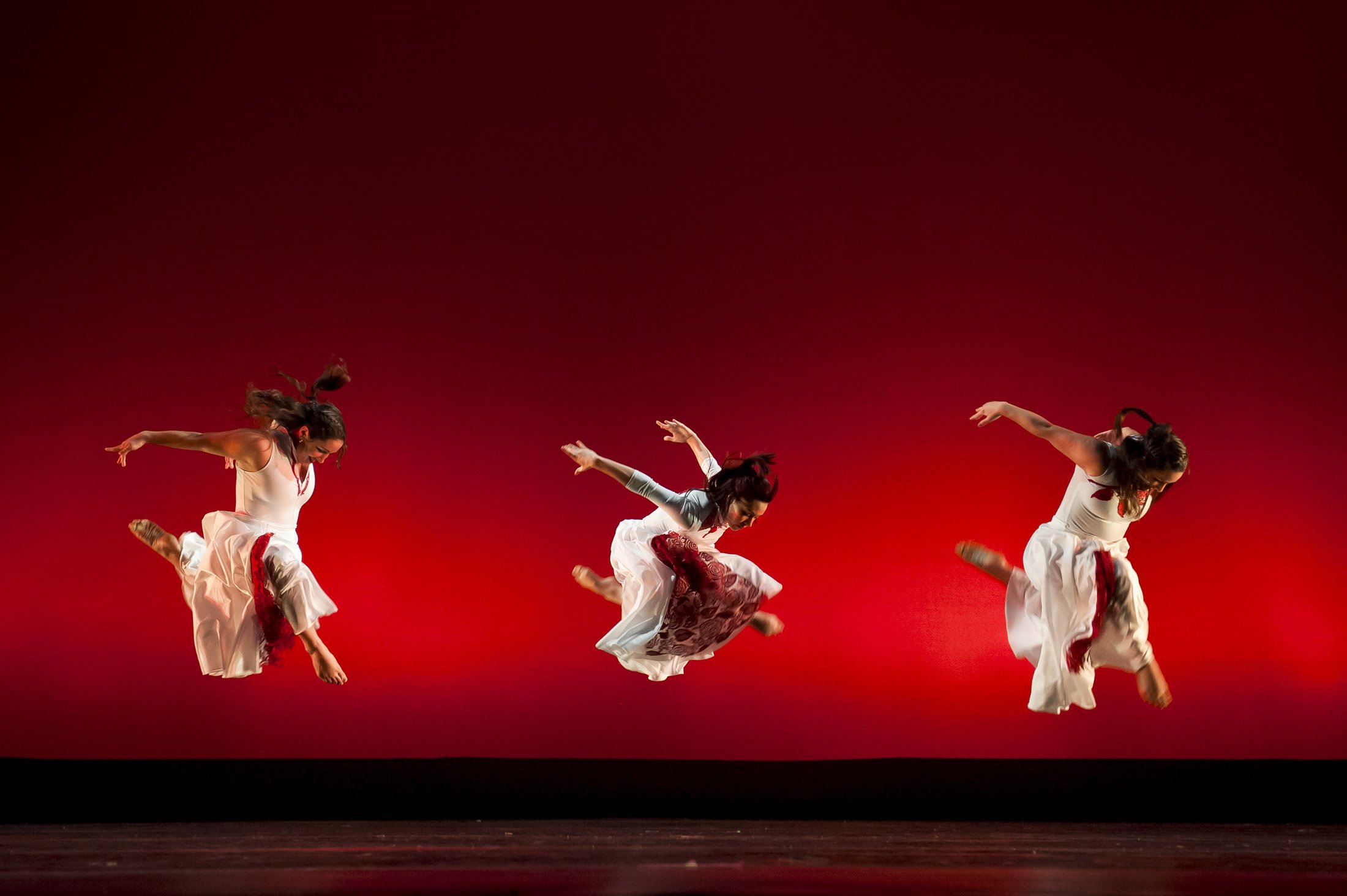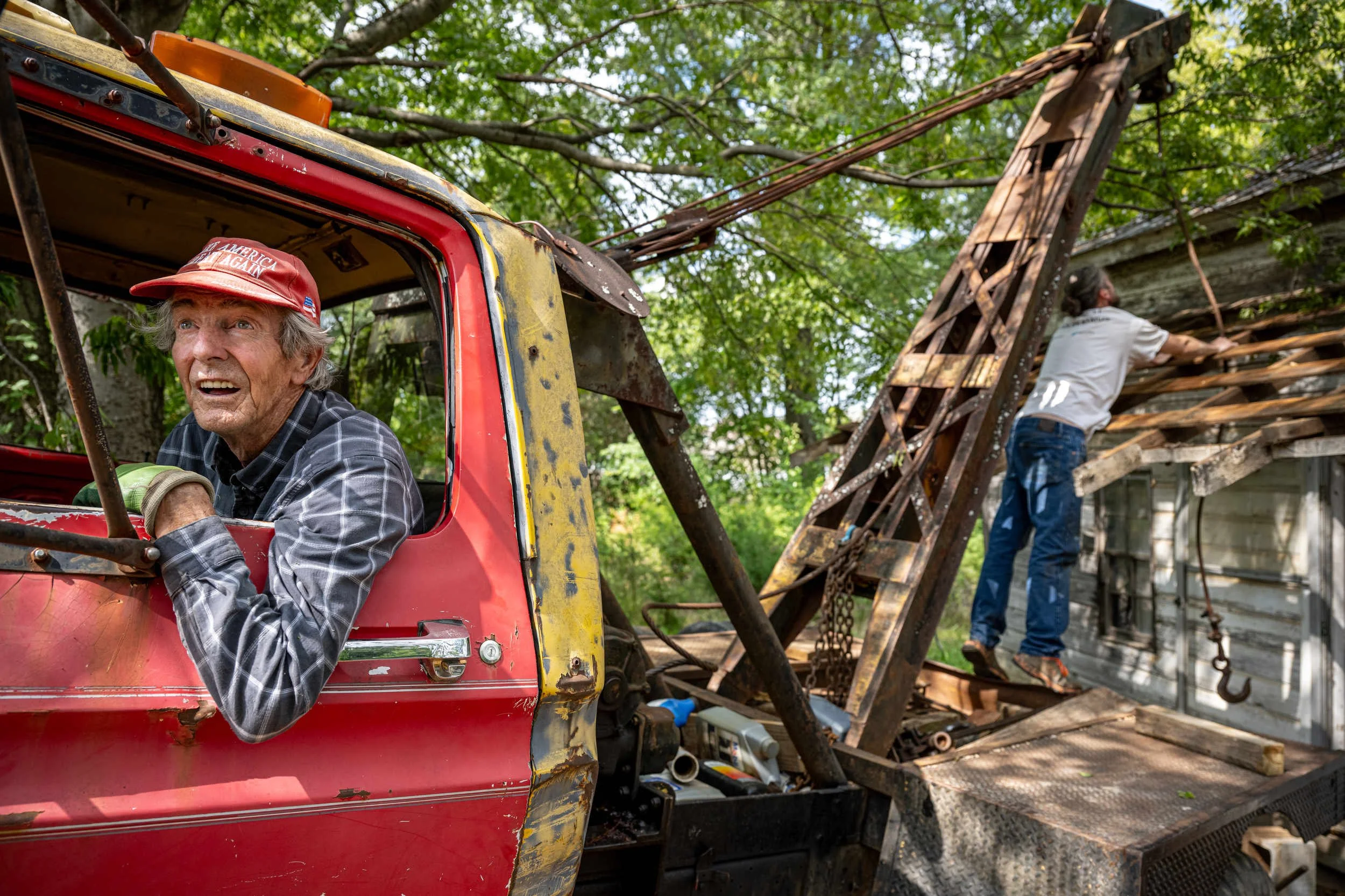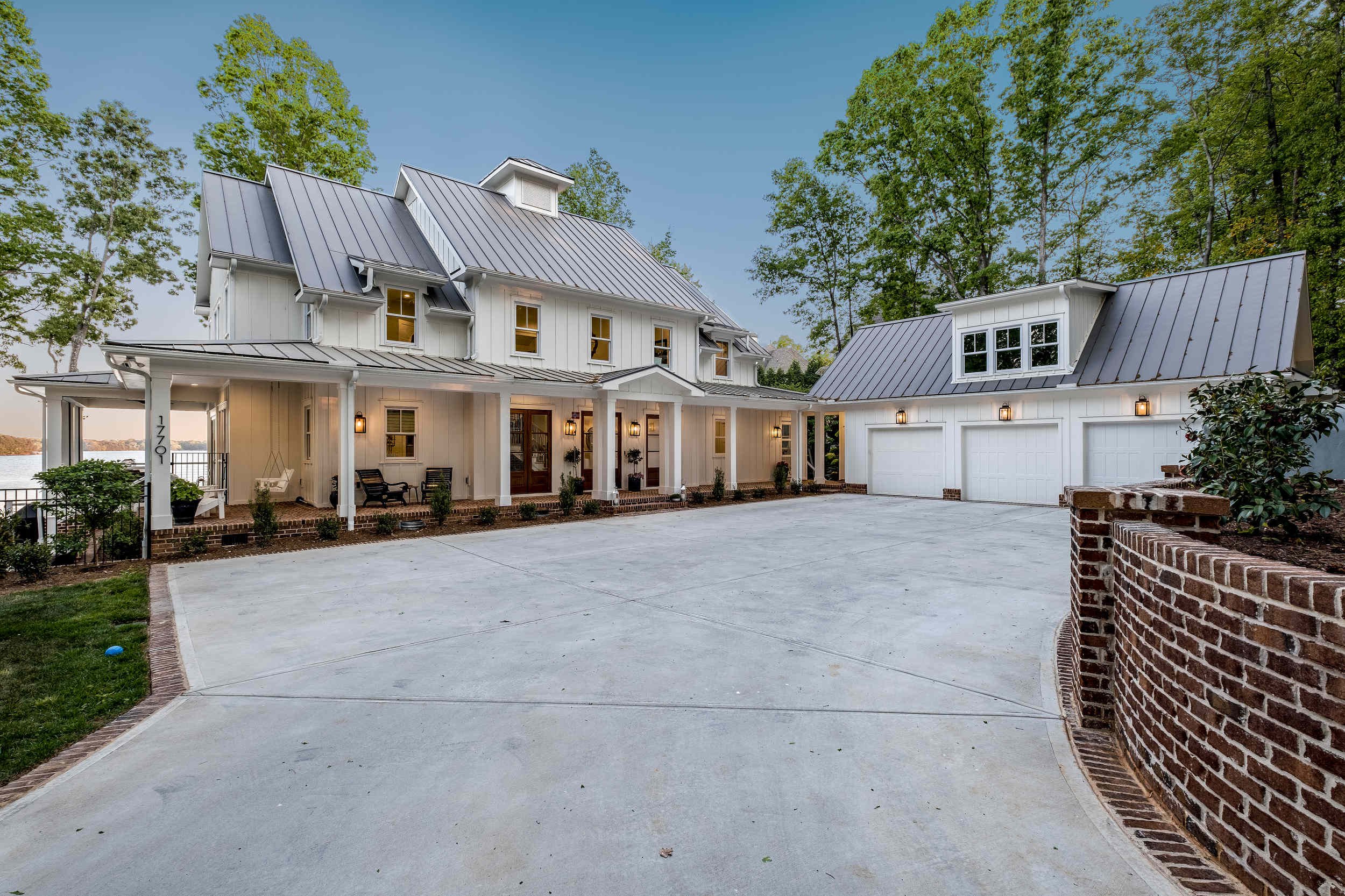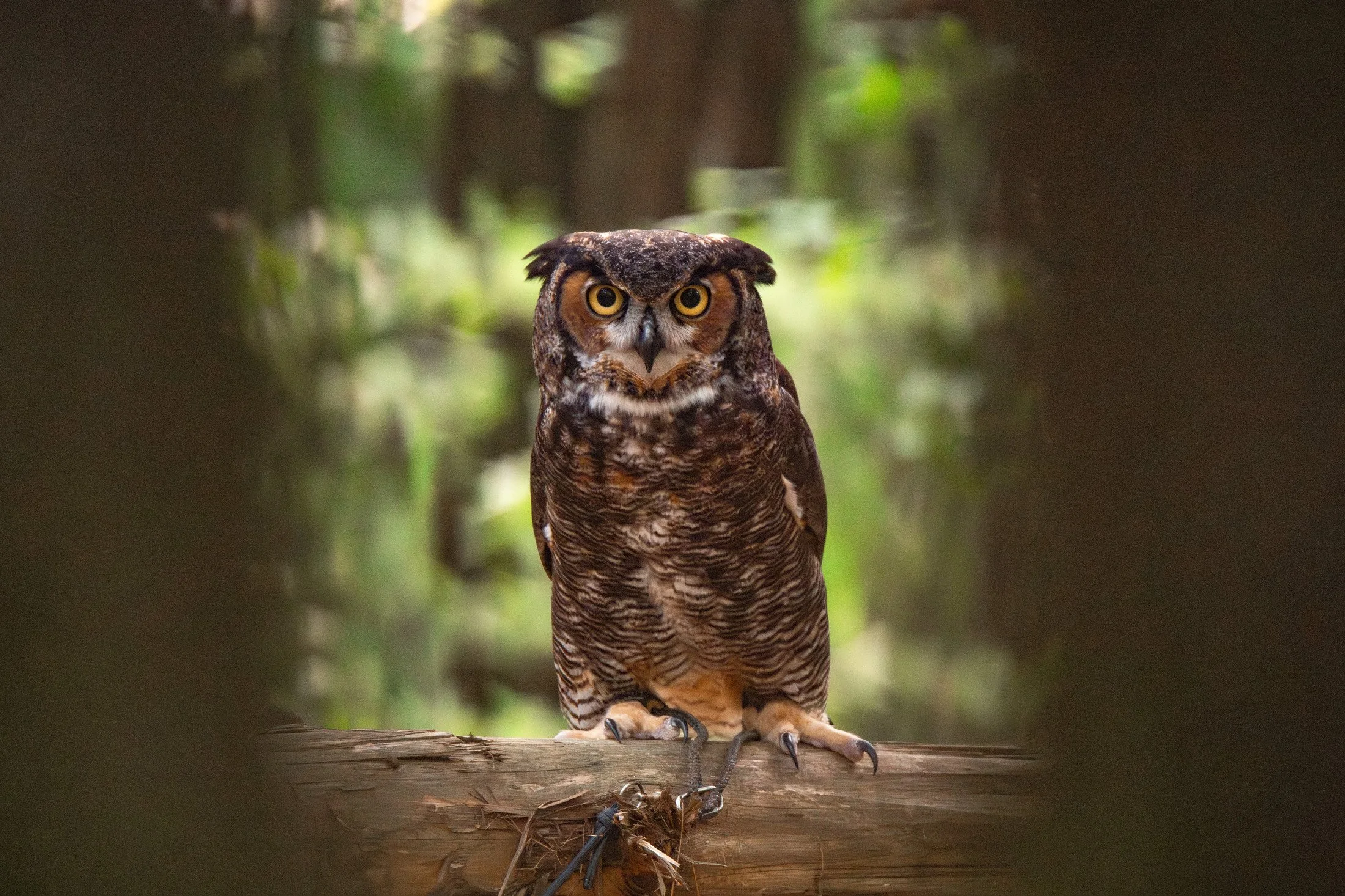What 20 Years As A Professional Photographer Looks Like
Two Decades And Counting
It might be tough for many people to do the same thing for twenty years, yet here I am heading towards my 20th year as a professional photographer. My journey has definitely had its own share of challenges and I am still learning so much to this day. Malcolm Gladwell once said something about 10,000 hours, but I think it might actually take a lifetime to become an expert at photography.
The last two decades have taught me a lot about the industry. I have seen many styles and thought processes come and go. From being raised and taught by literal battle-hardened photojournalists to competing with young blood in the residential real estate market, I have spent the entirety of my photography career trying to understand where I fit in.
Let me share with you some of the challenges, successes, and 10 things I learned over the last 20 years.
Day One: What Was I Thinking?
I still remember my first professional shoot for the newspaper I somehow weaseled my way into. My unpreparedness was expected, the portfolio which had won me this opportunity was comprised of photos I had taken at the zoo and while walking around my high school campus. I had exactly 0 experience shooting a moving target, however despite this fact, on day one I found myself outside my old high school gym panicking about how I was going to shoot a basketball game.
After about 20 minutes inside trying to figure out what settings to use so the basketball players didn’t look like a blurry mess, I exited the gym and called my mentor. Stopping motion in a poorly-lit gymnasium used to be a major headache for most school sports photographers. Now modern cameras handle it without an issue.
Over the phone, my mentor is trying to explain to me the exposure triangle and how I should be using my fastest aperture, adjusting my ISO to something useable, and selecting a shutter speed at LEAST double my focal length maybe more to stop motion. He was speaking in tongues about what to do with my flash: “bounce it off something”. What!? Won’t it break? Despite now being a professional, I understood about 1/3 of what he was telling me.
I went back inside with still little understanding of what I was doing and shot the rest of the game. It just so happens that I lucked into a decent moment where a rival player shoved his way with the ball through his opponents towards my camera and I caught some real, raw emotion. Luck would be a common theme throughout my career. My editor loved it, and I was off to races with more opportunities.
The next 2 years were filled with successes, and failures. At one point, my editor threatened that if I ever returned without useable images again, I would be fired on the spot. Sounds harsh, but I loved that man dearly. Hard critique cut your teeth. Fast.
Finding My Bearings
It took several years to really figure out what I was doing. Years 1-2 I spent as a stinger photojournalist for the Charlotte Sun Newspaper photographing assignments at all hours of the day and night. Those assignments ranged from high school sports to ambulance chasing car wrecks to crime scenes and more. I gained more experience than most 18 year olds and picked up a few traumas along the way as well.
I only left the paper to pursue my college career an hour and a half away, where my freelance and wedding photography career began. Freelance gigs consisted of anything I could get: magazine editorials, event coverage, and eventually a regular job shooting theater and dance performances for my college. Weddings were slower to get started, and I began by photographing the weddings of friends and family, totally naive to the challenge these events would present.
Eventually, I would return to the Charlotte Sun after graduating college and a spending the 2010-2011 season with the Tampa Bay Buccaneers. My freelance career would continue with the Bucs through a second season as a freelancer for their events and home games.
By my 5th year, I had photographed newspaper photojournalism, magazine assignments, weddings, NFL, minor league baseball, youth sports, theater and dance, portraits, politicians, and more.
Specialization, What’s That?
The common conventional wisdom among photographers these days is: Specialize. They all recommend to pick a genre and just get phenomenally good at that. So I often am asked, and therefore ask myself: why didn’t I do that?
That answer is pretty complicated, but to make it simple; nobody told me that in the beginning. In the early 2000’s, newspaper journalists made their living however they could. I still heavily relate with photographers who shoot weddings on the weekends and on the weekdays a mix of sporting events, portraits, assignment work, and the occasional commercial product shoot or whatever other miscellaneous photography job they can get. The photographers I grew up with were extremely well-rounded and could shoot any of those things with great skill.
So why is the conventional wisdom nowadays to specialize?
Personally, I think it’s because of social media. I think there is less of an appetite for a jack of all trades. When people see an Insta feed, they want to see repetition. They want to see dozens of the same image, just slightly different. They want to see that you know how to do that one thing nearly perfectly.
There’s an anecdote that says “jack of all trades, master of none”, but a photographer - in my honest opinion - really should be a master of one skill: photography. Everything else is secondary.
It complicates the matter that I really just loved using cameras and I would jump at the opportunity to shoot anything I could.
I made some missteps when I wandered into boudoir or tried photographing infants. I quickly learned that there were some social situations I was just not well-equipped to handle. But, in most cases, I was able to adequately shoot anything I could.
The Wedding Years
From my 5th year to about my 19th year I shot weddings. The bulk of those were probably from year 6-12 or so. I had met my wife, Sadie, in my 5th year as a photographer and she began second shooting weddings with me right away. I loved the time we spent shooting together, and she was a fantastic second shooter.
If ever I specialized in something, you could say it was weddings. For nearly a decade and a half, I spent many of my weekends each year packed up and shooting nuptials.
Weddings are a fantastic way to make a living if you have the stomach for it. Budgets are flush, competition is tough, and the pressure is high. The stress of weddings never really hit us too hard, but some weddings were way more stressful than others.
The wedding industry, as a generalization, is a multi-billion-dollar industry filled to the brim with its own set of trends. Those who know me, know that I am anything BUT a trend follower. The fact that 90% of couples are looking for the same thing in their wedding photography got boring, and it just further justified our exit.
While I loved shooting weddings, there was definitely a huge weight off my shoulders when Sadie and I decided to move on from them after starting a family. Having my weekends back was a welcome change in itself.
Year 20 And On
Year 15-20 were spent shooting primarily commercial and residential real estate, architectural projects, and commercial scanning projects. The work is less glamorous than other things I have photographed, and I sometimes feel a little embarrassed when explaining to my peers what I am doing today. Shooting houses, to many photographers, sounds like the lowest hanging fruit.
Despite the lack of allure, I find fulfillment in my work. I have collected a series of skills I can utilize to capture whatever I want to on camera. And I am afforded the opportunity to use those skills as I please.
Though the hours are long, and I have found myself in a mix of high volume work some days and huge budget productions others, I am really enjoying this chapter of my journey.
In addition to my paid work, I have found time again to explore the genres I was never able to make a living with such as wildlife and landscape photography. I’ve been able to start a YouTube channel and Podcast with my good friend and explore topics we’re passionate about.
This is all thanks to that “low hanging fruit” opening doors that were previously closed.
What I Learned
Spending two decades making the bulk of my income from photography wasn’t easy. For the first decade I supplemented my photography income with part time jobs and for a 5 year period I held a full time job. Some of those challenges might be the result of not specializing and shooting one thing only. However, I would argue that the diversity in subject matter kept my career fresh. It gave me new perspectives, different skill sets, and made for a well-rounded career.
I wouldn’t change it for anything.
With that said, I have definitely learned some important lessons along the way. I’ll leave you with 10 of the most important things I learned as I prepare to head into year 20 as a professional photographer.
Above all else, respect your time and finances. Being burnt out leads you to make bad work and being broke leads you to make bad decisions. I have shot way too many shoots I had no business touching because I needed the money, and I have created subpar work when I have allowed myself to become overworked. Know what you need to charge and charge it. If you can’t, then do something else for income.
Never count your eggs until they have hatched. I have sent out plenty of 5 figure estimates which seemed like a sure thing, only to be ghosted. Similarly, I have closed plenty of 5 figure projects which were paid on time and led to more work. Some will work out and some won’t, so never be in the position where you’re relying on anything before it’s closed.
Don’t wait until you’re happy with your own work, because if you’re truly a creative that day may never come! Just do the thing. You have so much more to learn from your mistakes and subpar work than you will learn from your favorite photo you’ll ever take. Also, your favorite photo will almost never be your client’s favorite photo. What pays the bills may not be your favorite work.
Gear matters, but it’s not everything. You do need adequate gear. For sure. But adequate is adequate. It’s not the best, it’s not top of the line. The best gear ever is super fun to shoot with, but if you can’t afford it, it’s unnecessary most of the time.
With that said… don’t skip out on equipment you actually need. A setting or feature that offers a game-changing opportunity might allow you to also capture that game-changing portfolio piece.
Some people won’t value your work. Either get paid and move on or don’t get involved to begin with. But definitely don’t lament on it or try to understand why they’re unhappy. Some people cannot be impressed, especially when it comes to creative arts.
Be proud of yourself when it’s warranted, but don’t rest on your laurels. Don’t fall into the trap of repetition shooting the same angles, poses, styles forever at the cost of never experimenting or trying new things. Getting into a rut might mean you miss out on a technique that could change your career path or style. Always remember to be proud of yourself when you achieve milestones, you deserve it.
Learn to shoot with lights. Learn to shoot without lights. Really understand the art of photography in every possible way. Experiment always.
Know when it’s time to compromise and shoot what you need to survive.
Additionally, know when to pivot. Pivoting from journalism to weddings when the housing market crashed in 2008 kept me in the game. Knowing when to pivot to shooting houses when weddings ended in 2020 saved our income and bought our new home. There is no shame in pivoting when you cannot control the market.
Bonus - don’t be afraid to contradict yourself. What you say or think today might hold you back tomorrow. We’re humans, and as such we’re constantly growing, learning, and experiencing new things. I contradict myself often, I am my own devil’s advocate at times. By considering and embodying two different perspectives, I feel that I am able to find more clarity on life.

